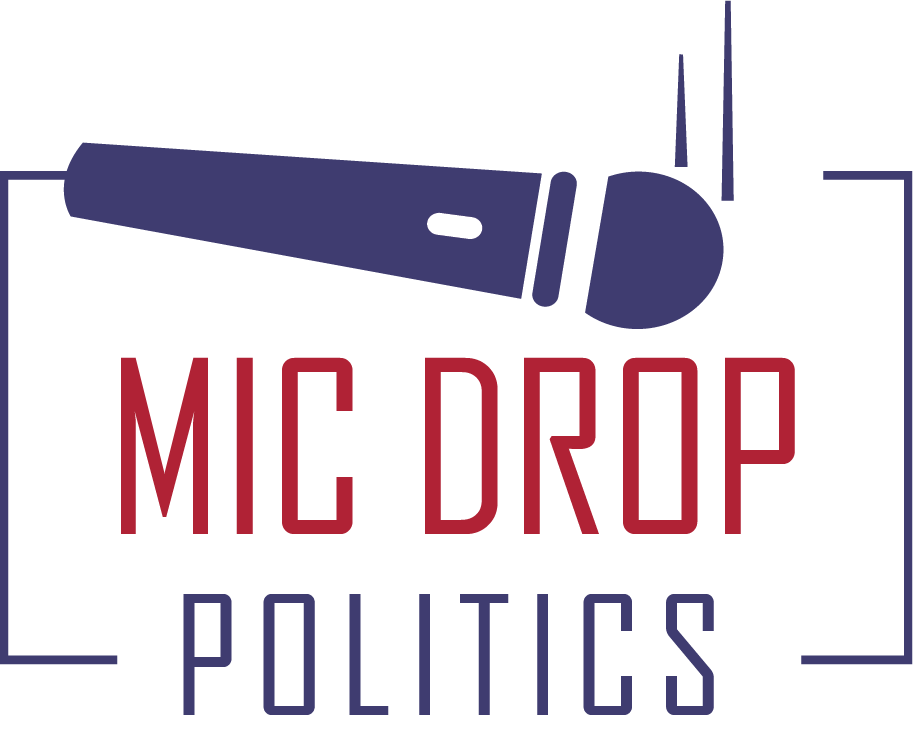As spring turns to summer and Ukraine’s Rasputitsa muddy season comes to an end, a dictator’s thoughts turn to war: Russia has now gathered over 50,000 troops for its impending summer offensive in northeastern Ukraine. Donald Trump, meanwhile, is showing frustration over his stalled campaign for peace. Vladimir Putin “has gone absolutely CRAZY! He is needlessly killing a lot of people,” he fumed after two massive Russian missile and drone attacks on Ukrainian cities. This week, he warned that Putin is “playing with fire!”
Trump’s frustration is understandable. The president clearly abhors this war’s human toll and wants it to end. He also wants to pull Russia out of China’s orbit. But thanks to Putin’s intransigence, the war rages on and the Russo-Chinese partnership is growing stronger. There may not be a way to “flip” Russia out of China’s camp right now, and the steps needed to drive Russia to negotiate seriously would likely push that goal out of reach.
Earlier this year, Trump picked up what many in his orbit believed was unfinished business from his first term. An earlier attempt to conciliate Russia ran into many obstacles, such as the oft-repeated calumny that Trump was a Russian agent and the Wagner Group’s unsuccessful attempt to kill U.S. troops. But his team believed that another attempt to normalize political and economic relations with Russia could reduce China’s influence there and calm down Eastern Europe.
This feat would be hard to pull off while the war in Ukraine fueled hostility between Russia and the West, and while the Russians mistrusted the United States. Pressuring Ukraine seemed, to many in the administration, like a way to achieve peace and demonstrate American good faith to the Kremlin. The White House also offered Russia sanctions relief, economic cooperation, and other goodies to reach a deal.
That hasn’t been enough for Putin, however. The threat of sanctions did not deter him from attacking Ukraine, and the promise to lift sanctions does not seem to appeal to him, either. When Vice President Vance said, “If we can’t end [the war] we’re eventually going to say, you know what? That was worth a try, but we’re not doing it anymore,” Putin did not hear that he is missing the deal of the century. The implication is that the longer he slow-rolls Trump’s peace efforts, the likelier Trump is to give him what he really wants—control over Ukraine.
American presidents have been trying for a quarter-century to get a workable relationship with Putin, and each has failed for good reason. Washington and Moscow have rarely gotten along—the newly revived Monroe Doctrine was a warning to Russia—and the Russian state delights in thwarting and humiliating Americans. During Trump’s first term, the Kremlin waged a price war against one of America’s newest and most important strategic assets, the shale oil industry. Immediately after Trump’s electoral victory last November, Russia’s state television aired salacious pictures of Melania.
Russia’s strategic culture is largely anti-American, and its reading of the global balance of power reinforces those beliefs. No one can guarantee that any offer Trump makes to Putin will outlast the 2028 election, so even a relatively friendly America is still a greater potential threat than China. That could change: Maoist China also loathed the United States, but Mao warmed up to the capitalists when Moscow emerged as a major ideological rival and Russian and Chinese troops fought along their border. Russia could enable a “reverse Kissinger,” but that will likely only come if China clearly outpaces the United States or directly threatens Russia.
This leaves Trump with few good options. Better offers to Russia could convince the Kremlin that frustrating the United States and deepening its partnership with China brings greater rewards at a low price, and it could kill any chance of productive trade negotiations with a Europe that would feel betrayed. Imposing costs on Moscow, such as endorsing the sanctions bill winding its way through the Senate and launching a full-fledged campaign to dismantle Russia’s global influence, could convince Putin to take a deal, but it would not be the kind that pulls Moscow away from Beijing. Putin may decide after the summer’s fighting to accept some of Trump’s terms and reconstitute his forces for the next phase of the war. But for Trump, this would be a strategic failure.
Trump has been adamant that this war is Joe Biden’s, and since Biden had little interest in making a Ukrainian victory possible, Trump is dealing with the consequences of his predecessor’s failure. But until Trump decides what he wants more—a deal with Putin or an end to this war—he is likely to twist in the wind.
The post Why Trump Is Perplexed by Putin appeared first on .

Comments are closed.